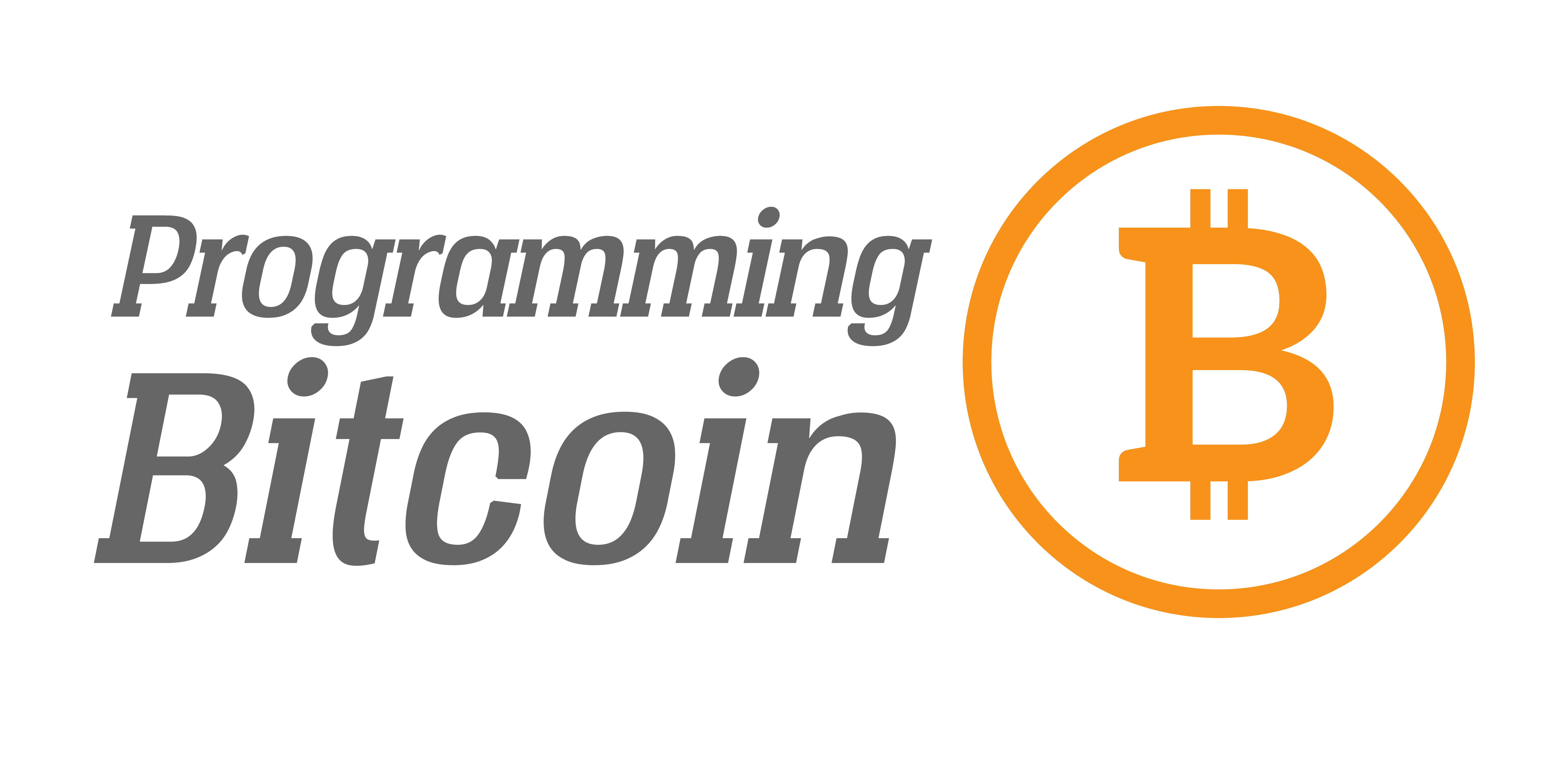Bitcoin Gold: What you need to know
There’s a Bitcoin hard fork around the corner and it’s not 2x. Announced right before Bitcoin Cash forked, Bitcoin Gold is scheduled to go live sometime in November. In this article, I’m going to explain what Bitcoin Gold is, how and when it will hard fork and what you’ll need to do to prepare.

What is Bitcoin Gold?
Bitcoin Gold is the brainchild of Jack Liao and is launching as a hard fork of Bitcoin. The goal of BTG is to become a better gold than Bitcoin. The chief way they have decided to do this is trying to solve miner centralization through a proof-of-work change.
Changing proof-of-work is generally going to require a hard fork and BTG has decided to go that route. The proof-of-work that they’ve chosen is Equihash, a memory-hard algorithm that’s fairly ASIC resistant and also used by ZCash. The idea is to give mining back to the users who can start using CPUs and GPUs to mine.
BTG developers are also considering a premine of up to 1%. How that will be executed is unclear, but will probably consist of taking some of the mining reward as they’re committed to keeping BTG at the 21 million limit.
What’s so special about ASIC resistance?
ASICs are Application Specific Integrated Circuits. They’re different from CPUs in that they do only one thing, but they do it really, really well.
Bitcoin mining is currently completely dominated by ASICs, mostly produced by Bitmain, Bitfury and Canaan. This is largely due to the proof-of-work function (SHA256) being reasonably simple and not requiring much RAM. Equihash, on the other hand, is a pretty complex hashing function and requires a lot of RAM to perform. That means it’s much more expensive to produce ASICs for Equihash and the speed gain isn’t nearly as much.
To give you an idea, a normal CPU can mine SHA256 at around 5–10 MH/s. An ASIC can mine SHA256 at around 5–10 TH/s, or about 1 million times more work per second than a CPU can. By comparison, a normal CPU can mine Equihash at around 10–30 H/s, where as specialized equipment can do something like 1000–3000 H/s, or about 100 times more work per second.
In other words, the playing field is a lot more level with Equihash than SHA256 due to the ASIC-resistance. Of course, it’s hard to know how much economics would change if Equihash were to become as profitable, but suffice it to say that the efficiency gain would still be much less than SHA256.
When are they going to Hard Fork?
Their plan is to pick a block on October 25, 2017 to fork from, hence the date on their webpage. That does not mean that their coin launches on that day, just that the Bitcoin blockchain gets frozen for the BTG chain on that day and new BTG blocks built on top later.
Currently, they are planning an early November release, which means that their blockchain will have no blocks for a week or so in between.
The Bitcoin Gold developers plan to create a testnet sometime in mid-to-late October. They’ll make their software available soon after.
What does it mean for me?
Bitcoin Gold will only affect you if you own Bitcoin when they pick the hard fork block, that is, around October 25. You will receive the exact amount of Bitcoin Gold as Bitcoin you hold at that block.
They are planning strong replay protection, so you probably won’t have to worry about replay attacks. However, you will most likely need to download a wallet or construct transactions manually to be able to move your Bitcoin Gold tokens.
Basically, if Bitcoin Gold isn’t worth very much (less than 0.0001 BTC or so), it’s probably not worth doing anything. If it’s actually worth something (say 0.01 BTC or higher), there will be tools that wallet developers will most likely write so you can access your Bitcoin Gold.
If you have your Bitcoins on an exchange, the exchange will likely credit you with your Bitcoin Gold eventually. This will especially be true if BTG has value above 0.01 BTC. Generally, it’s better to control your own private keys as that gives you the most flexibility. That said, the fiduciary duty any exchange or merchant has when they take possession of your Bitcoin means they probably have to give you the Bitcoin Gold due to you.
Conclusion
Bitcoin Gold is another hard fork that will bring some changes to the ecosystem. If you’re a holder, there isn’t that much to fear here, and there may be some free money in it for you! If you’re a developer for any wallet or exchange, that’s another story.
Want to get curated Technical Bitcoin News? Sign up for the Bitcoin Tech Talk newsletter!
Are you a developer that wants to get into Bitcoin and blockchain? Sign up for Programming Blockchain Seminar in Stanford, London or Seoul!


Comments are closed